BVNA Welfare of Pets in Schools Toolkit
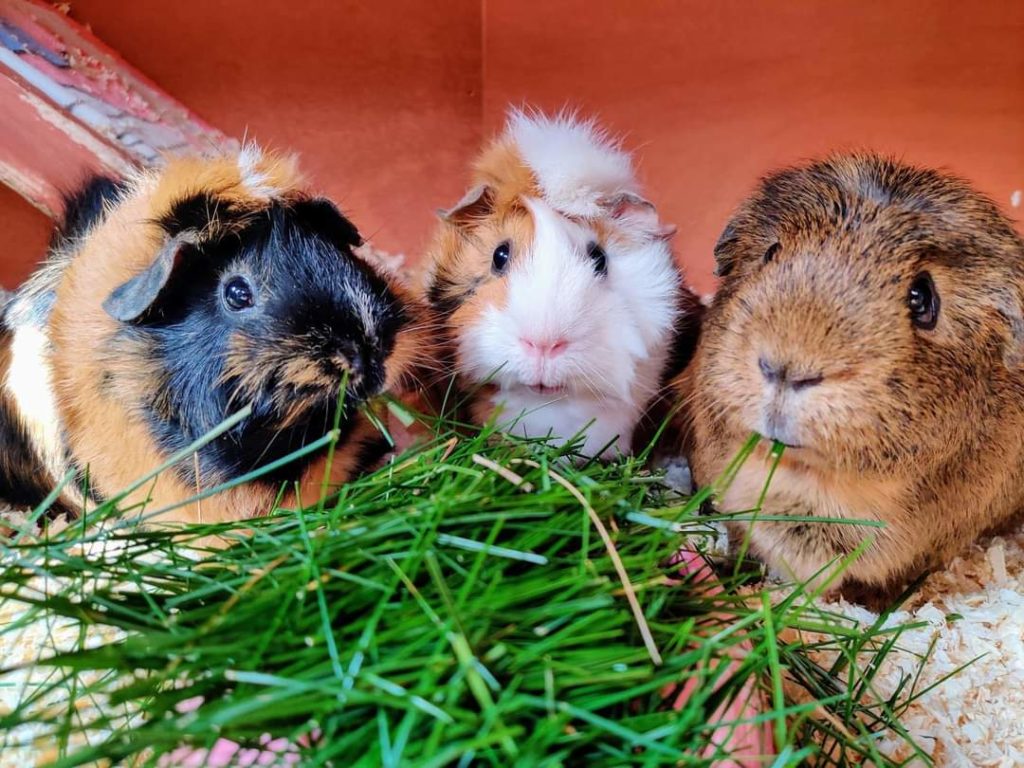
BVNA support the veterinary nursing profession by providing membership, representation, CPD, and so much more. Animal welfare is also of the utmost importance to us, as we know it is to all of our members. A group of BVNA Council Members was recently formed to consider the welfare of pets kept in a classroom or school environment.
The outcome is this toolkit, which we have developed to include helpful resources from organisations such as The Rabbit Welfare Association and Fund (RWAF), The British Hen Welfare Trust (BHWT), The Royal Society for the Prevention of Cruelty to Animals (RSPCA), The People’s Dispensary for Sick Animals (PDSA), The Animal Welfare Foundation (AWF), Dogs Trust, Cats Protection and The British Hedgehog Preservation Society (BHPS).
It is available for all veterinary professionals, teachers and parents, and is a free and easy access resource with downloadable content to help educate you on how you can improve the welfare of animals being kept in schools.
Blogs
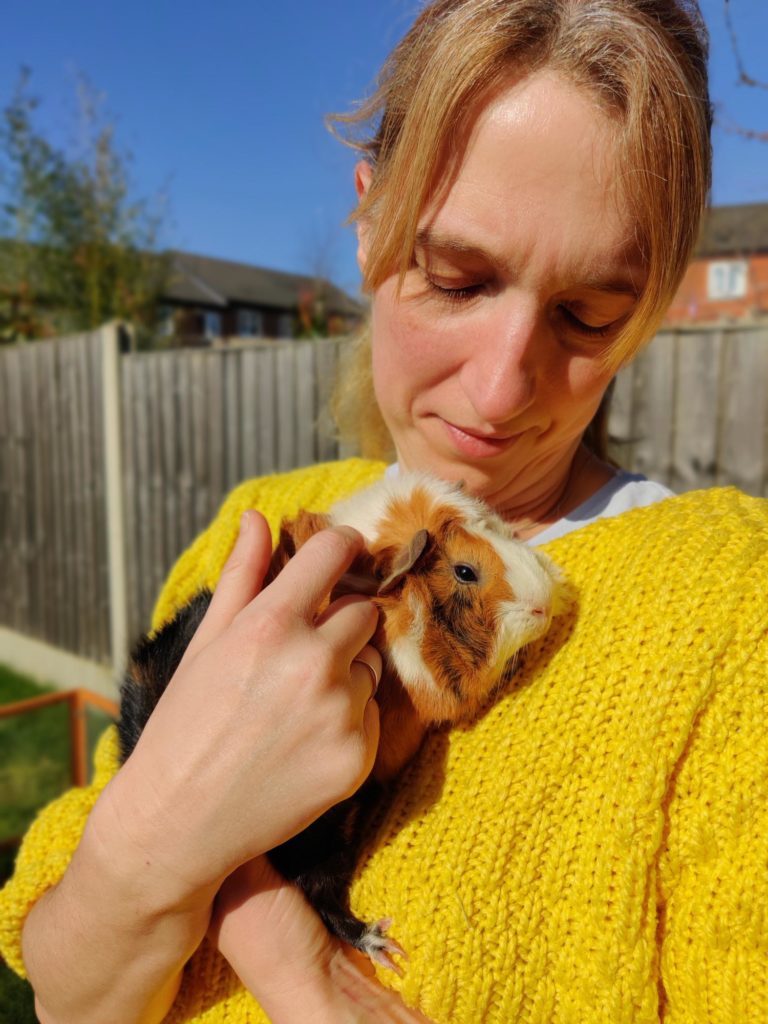
Introduction to the Welfare of Pets in School Toolkit – Kim Rathbone, RVN and BVNA Council Member, has spearheaded a group of BVNA Council Members to consider the welfare of pets kept in a classroom or school environment, and how schools can be educated on responsible pet ownership
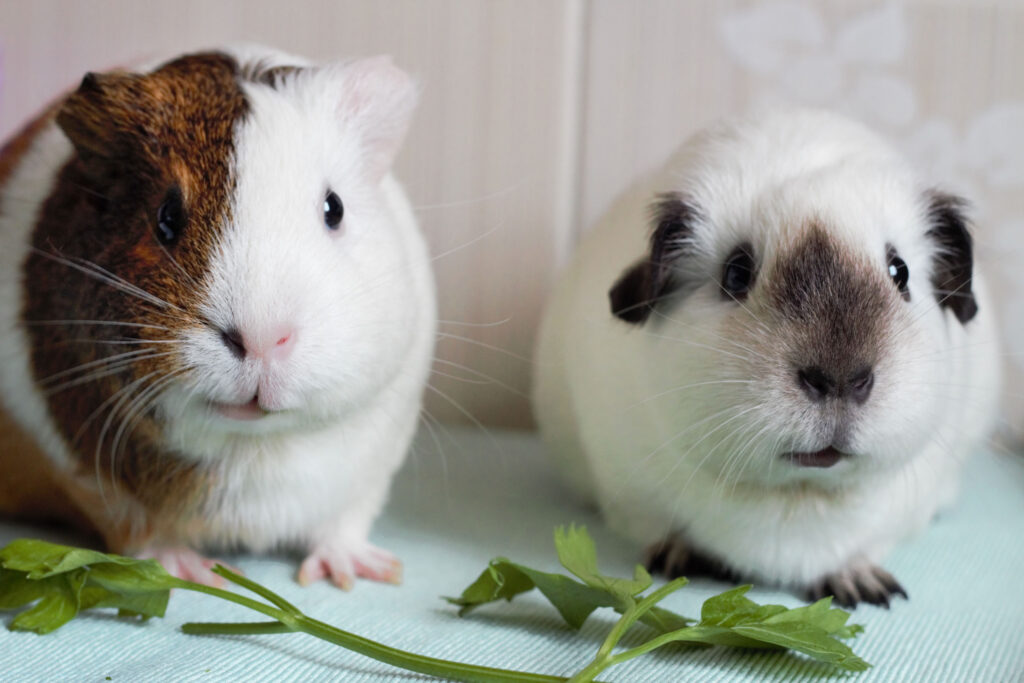
Guinea Pigs in Schools: Environment & Enrichment – Check out this blog by Chloe Thomas RVN as she discusses the importance of the five freedoms and keeping guinea pigs in the classroom
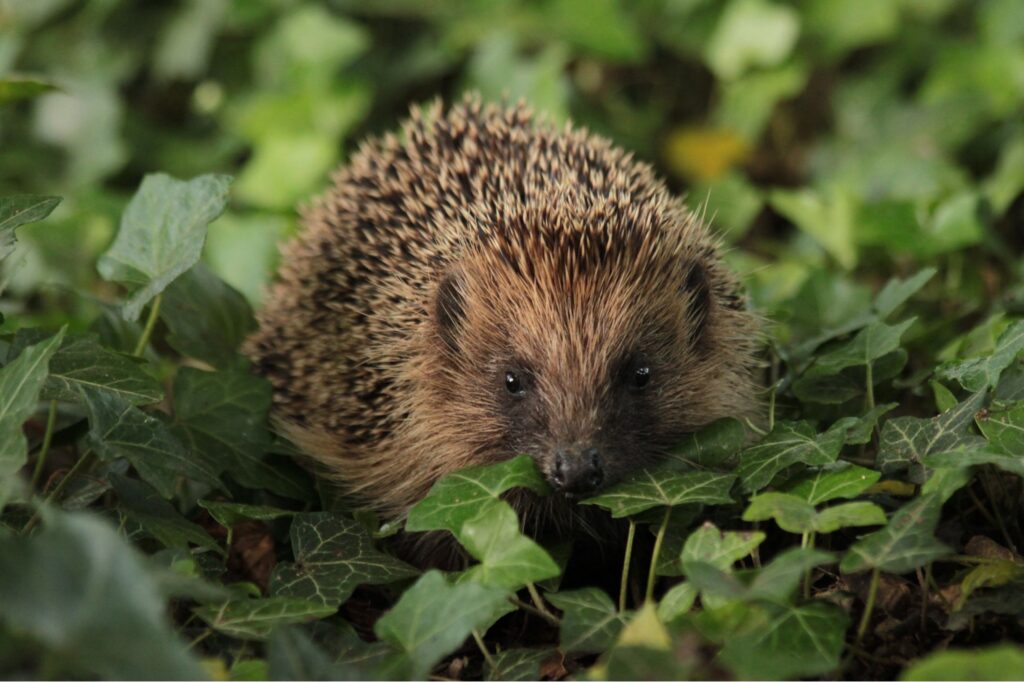
British Hedgehog Preservation Society (BHPS) – In this blog, the British Hedgehog Preservation Society discuss how you can encourage hedgehogs to thrive both at school and at home following the five domains. Hedgehogs are a protected species and it’s important we do what we can to protect them and know when to intervene. Remember these animals are not pets, but they do need our support
Podcasts and Videos

Let’s Talk Welfare of Pets in Schools – With David Allen from the RSPCA, Gaynor Davies from the British Hen Welfare Trust and Chris Bennett from Woodgreen Pets Charity.
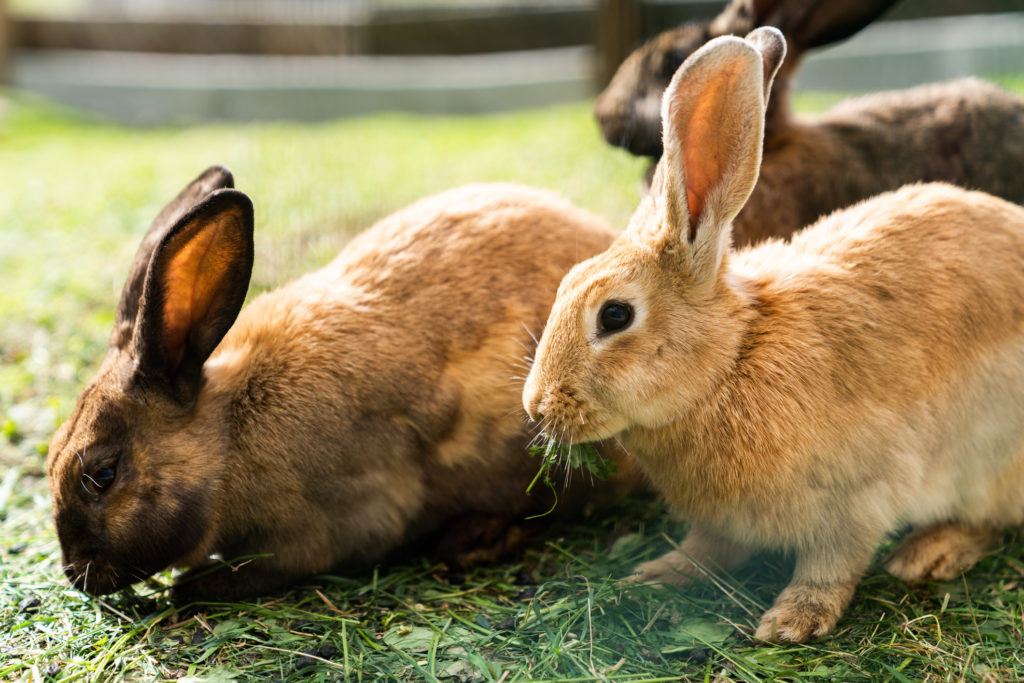
Let’s Talk Rabbit Welfare – with Rae Walters, The Rabbit Welfare Association and Fund
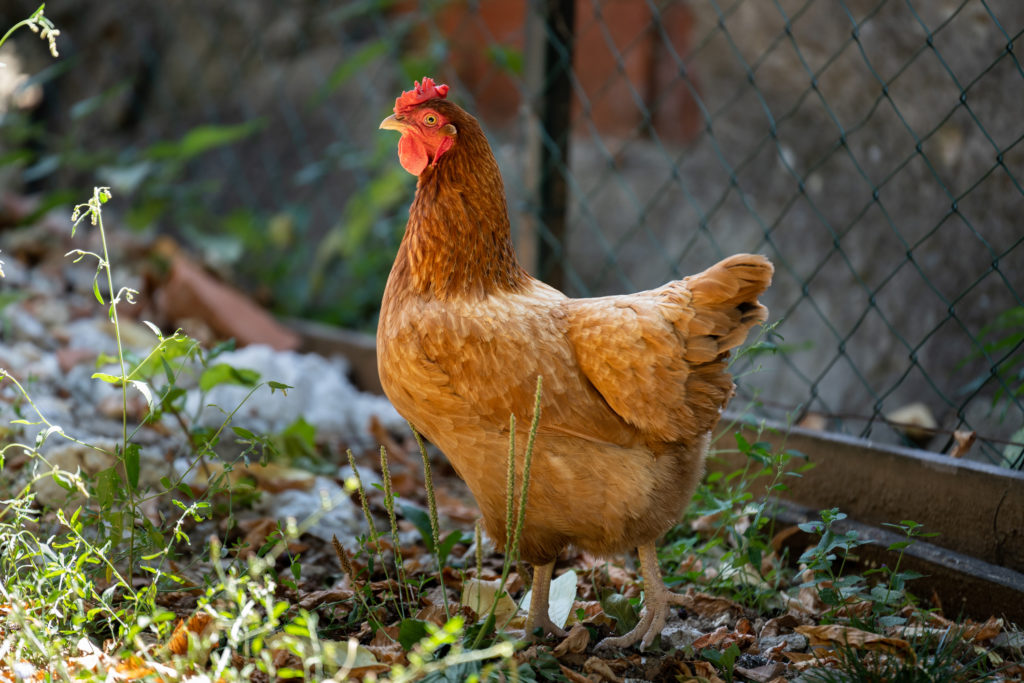
Chickens in the Classroom – with Gaynor Davies, The British Hen Welfare Trust
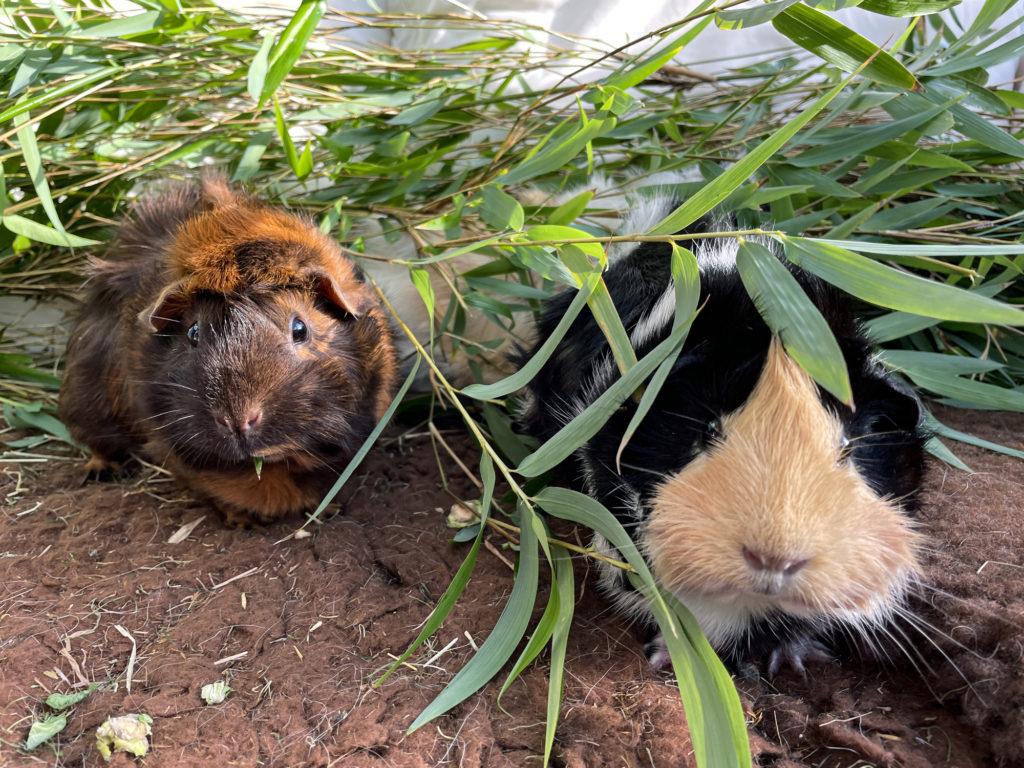
Let’s Talk Guinea Pigs – with Jo Hinde-Megarity RVN
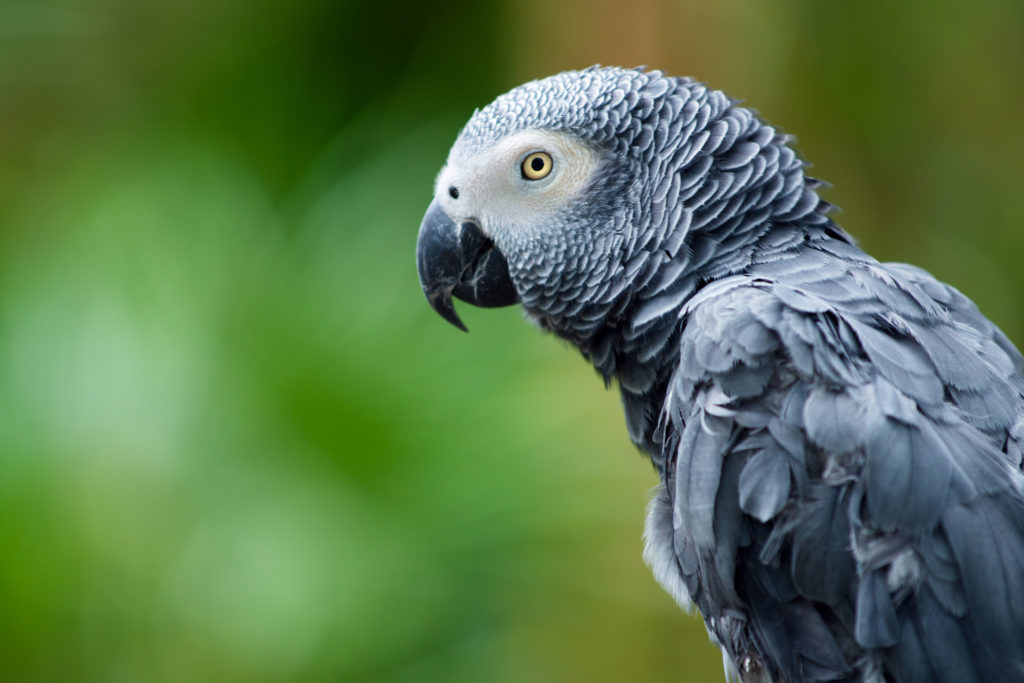
Exotics – with Craig Tessyman RVN
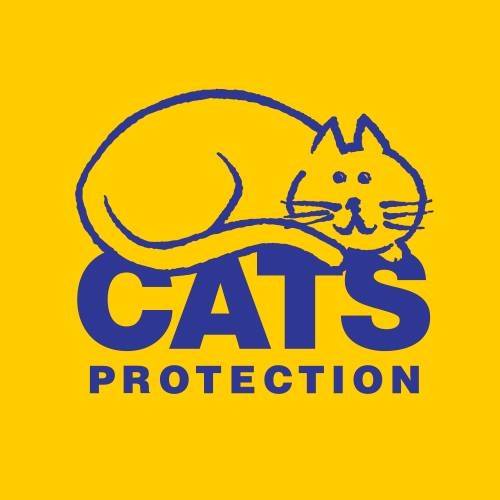
Cats Protection – With Emma Foreman RVN
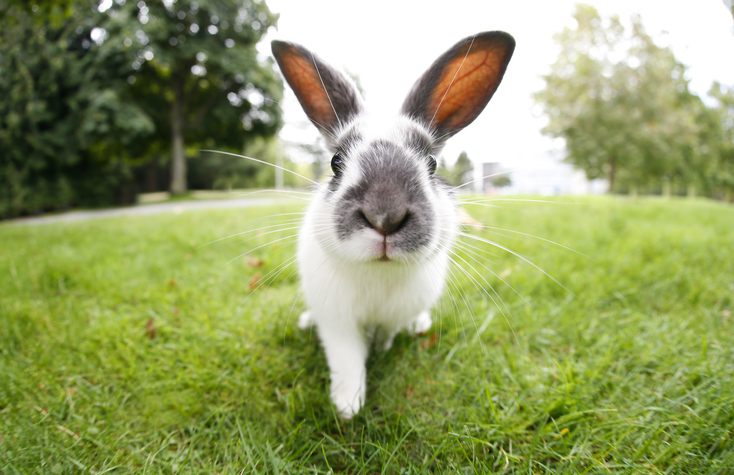
Discover the five welfare needs and how they relate to rabbits through a series of short, fun and engaging animated videos.
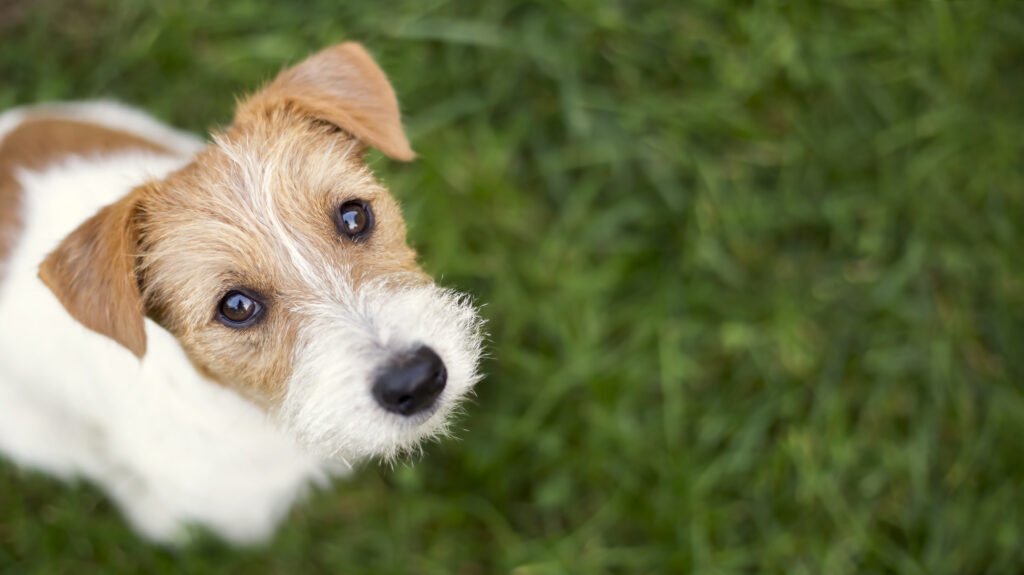
An animation for all ages exploring safe behaviours around dogs and times when it’s best to leave a dog alone.
Webinars
This live discussion session provides information about the tools available for teachers to use to educate children on animal welfare, and the impact that having pets in the classroom can have on both the children and animals.
Speakers:
- Emma Foreman RVN – BVNA Council Member
- David Allen – Head of Prevention and Education at RSPCA
- Anna Baggott – Education Lead at PDSA
- Lynne James – Veterinary Communications Manager at PDSA
- Dom Burke – Behaviour Officer at Dogs Trust
You can also listen as a podcast here.
Puzzle resource for children
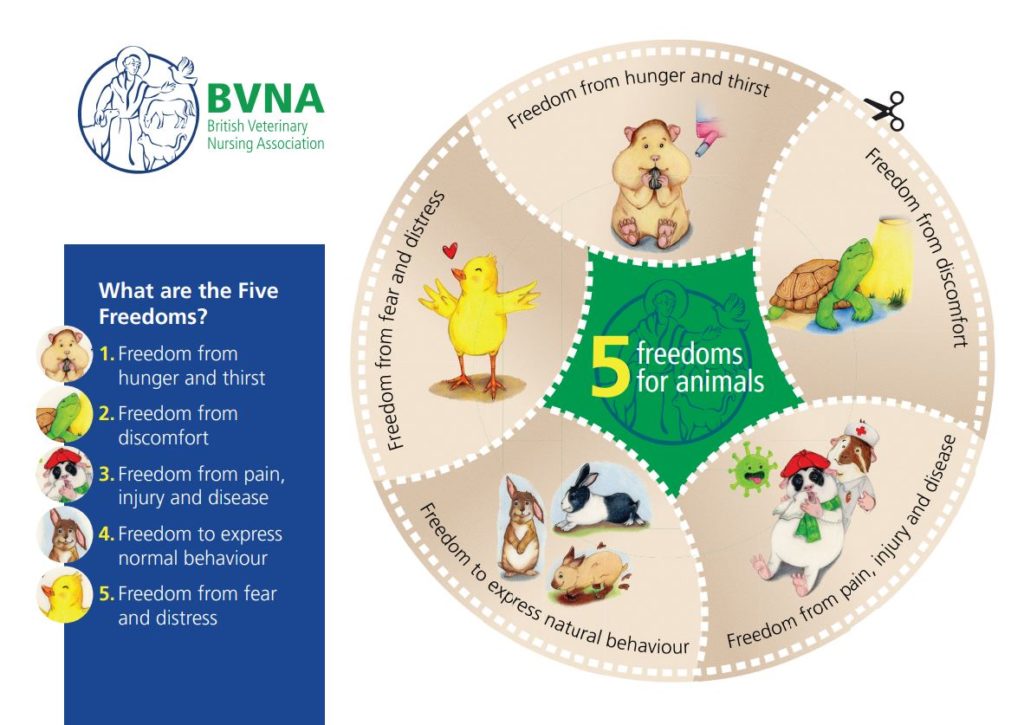
Thank you to Hollie Smith Illustrations for providing the artwork for the puzzle.
Useful Resources
Compassionate Class is an inspiring educational programme for primary school aged children. It encourages and furthers their development of compassion and empathy through a series of fun and engaging animal welfare topics.
We know that all teachers want the best for their pupils and try to make learning as interactive and engaging as possible. Whilst chick hatching schemes are mentioned in the National Curriculum as a great way to gain first-hand observations and satisfy cross-curricular links, teachers may not realise the ethical implications or know where the chicks end up.
There is growing research to show that animals in schools can help reduce stress and anxiety in pupils, as well as build confidence, empathy and life skills. It is therefore not surprising that more schools are looking at keeping animals.
The British Hen Welfare Trust have developed a variety of free curriculum-linked lesson plans and resources. These are designed to support core subjects, whilst focusing on animal welfare.
Keeping chickens is a fun and rewarding experience. As with any pet, rehoming hens is a responsibility that should not be taken on lightly.
The Animal Welfare Foundation have produced a range of helpful downloads and leaflets for pet owners. These guides help to safeguard pets, educate owners and support vets in their daily work.
It’s really upsetting if you’re worried one of your guinea pigs is ill. Knowing the signs to look out for, as well as the simple steps you can take to check your guinea pigs, will help you keep them happy and healthy.
School rabbits are not a casual undertaking. Any members of a school’s staff who are responsible for an animal or animals being on the school premises – whether on a permanent or temporary basis – are now subject, as a result of the Animal Welfare Act 2006, to the legal obligation to ensure that those animals’ needs are met.
Whether you are a new rabbit owner or if you’ve had the pleasure of pet rabbits for a while, there will be something in these pages for you. All the main areas of rabbit care are covered. New to rabbits is a great place to start, even if you’re not new to rabbits – check that you’re doing everything you should be to give your rabbits the lives they deserve.
There have been codes of practice for other species, dogs and cats for example, for a number of years but as is often the way, rabbits were left behind. RWAF are therefore delighted to have delivered the Good Practice Code for the Welfare of rabbits. This document contains codes of practices agreed between a number of stakeholders including the RWAF, the RSPCA and AGPAW (the All-Party Parliamentary Group for Animal Welfare).
The PetWise School Award is the first (and only) animal-related award that schools can take part in. It’s similar to accreditation scheme, which you may already be familiar with. It has four easy to follow levels, each with their own free resources linked to the curriculum so you can incorporate it into your everyday lessons.
Be Dog Smart is a safety Education Campaign aimed at keeping children, and their families, safe around dogs while at home and out and about in the community.
Learn about everything from cat body language to how to calm an anxious cat.
Signs of cats feeling stressed and what you can do about it. Just like humans, cats are prone to stress – although it might be tricky to tell if your cat is feeling unsettled. Cats are subtle in their body language, so you’ll need to keep an eye on them to ensure they are happy.
We quite often attribute human characteristics and emotions to our pets, a phenomenon called anthropomorphism. It helps us connect with them and feel more empathy towards them and so usually it’s quite harmless. However, sometimes it can lead us to misunderstand our feline friends and miss certain signals they are trying to send us.
Teaching everyone to understand and value cats with free interactive talks as well as curriculum-friendly lesson plans, engaging games and activities, videos and animations.
Check out this blog from Nicki Waller, District Early Years Adviser from Welwyn Hatfield and Hertsmere, as she discusses keeping animals in schools.
The Pet Education Partnership (PEP) is a collaboration between eight of the leading animal welfare charities in the UK: Blue Cross, Cats Protection, Dogs Trust, PDSA, RSPCA, SSPCA, USPCA and Woodgreen. This website is your one stop shop for pet education resources and includes everything from curriculum linked lesson plans and activities to events.
Explore a range of free materials provided by the charitable organisations involved in the Pet Education Partnership. Crafted to cater to various age groups, the complimentary resources are designed to fit into the curriculum.
Primary resources on what a guide dog does, how they’re trained and how they differ from pet dogs, alongside STEM resources for secondary students on robot guide dogs and guide dog partnerships.
A joint awareness and fundraising campaign for schools that aims to start important conversations about inclusion and accessibility. A free speaker service and upcoming education experiences deliver key messages into the school and youth group community, including explaining how a dog can help a person with sight loss to live the life they choose.
A fantastic playlist on ‘Top Tips for You and Your Dog’. You can also find the excellent ‘Journey of a Guide Dog’ which is perfect to watch with children.
Discover Woodgreen teaching resources about small pets, cats and dogs, fun pet fact sheets and ideas on making your own pet toys.
Discover a wealth of insightful articles on rabbit care crafted by Woodgreen’s team of experts in small animal behaviour.
Delve into guinea pig advice from small pet experts at Woodgreen.
Discover a wealth of articles and information on hamster care.
Expert advice if you are considering keeping chickens, ducks or geese at your school.
Expert advice on these fabulous furries including cage requirements and day to day care.
Discover free expert advice for mice owners
Discover free, remote learning courses for any pet owner or pet owner to be, hosted on Google Classroom.
BVNA would like to thank these organisations for their contributions to this toolkit.
